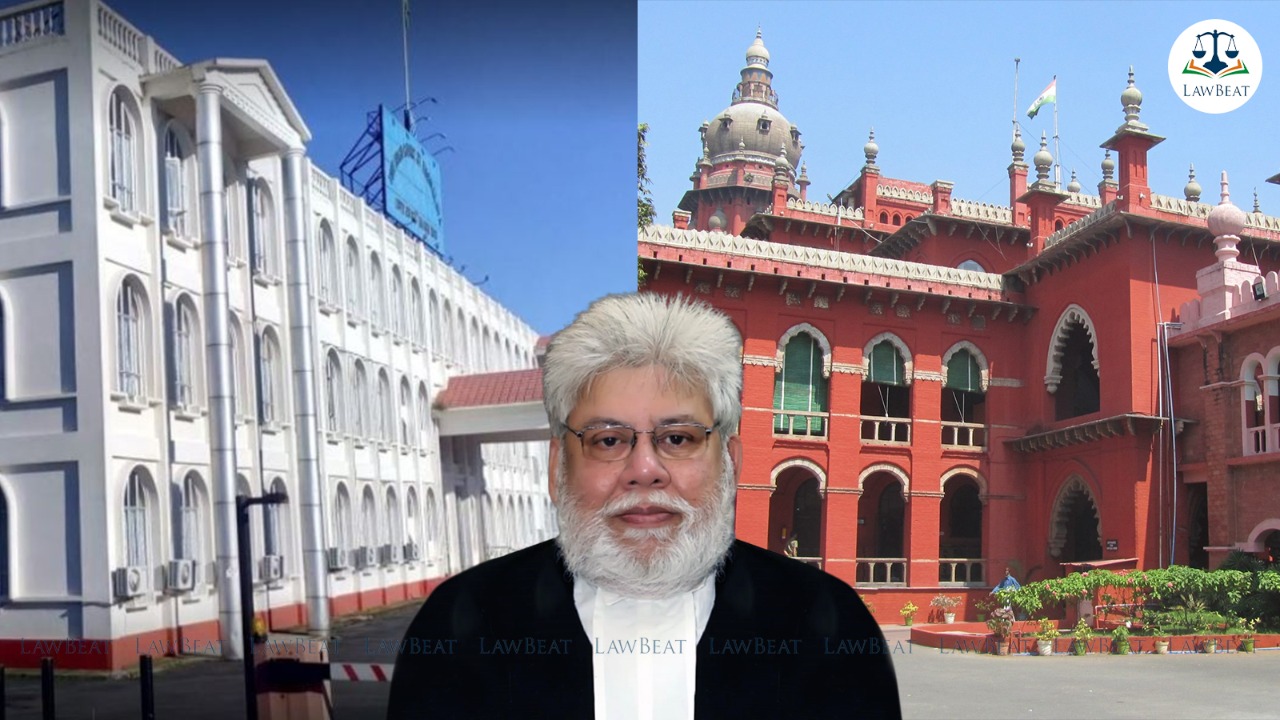“Why a fearless, competent judge transferred?”: Lawyers write to SC collegium on Chief Justice Sanjib Banerjee’s transfer

Over 200 lawyers practicing before the Madras High Court have written to the Supreme Court Collegium, protesting against its recommendation to transfer Madras High Court Chief Justice Sanjib Banerjee to the Meghalaya High Court.
In the letter, the lawyers question "why a competent, fearless judge and an efficient administrator of a large High court where more than 35,000 cases were filed this year be transferred to a Court where the total number of cases instituted in a month is on an average of 70-75."
The letter further points out that Justice Banerjee has been the Chief Justice of Madras High Court only for ten months, and thus it is a wonder if the transfer was for 'public interest' or for 'better administration of justice'.
"Short tenures and abrupt transfers stand in the way of a cohesive leadership and meaningful administrative reforms. A change in leadership every few months will have an adverse impact on not just the administrative functioning of the High Court, but crucial decisions to be taken by the High Court Collegium will be delayed or suffer from the loss/lack of experience that is gained over several months", the advocates have highlighted further.
It is further said that Chief Justice Banerjee has passed several orders upholding constitutional rights and values of free speech, secularism, free and fair elections, right to health and State accountability that may well have earned the ire of those in power.
“He castigated the AIADMK government for its inept handling of the pandemic and hauled up the Election Commission for failing to ensure proper COVID safety norms during the recent State elections. Just before the elections, he passed orders directing the Election Commission and the Puducherry police to investigate as to how phone numbers linked to Aadhaar cards of voters that were not available in the public domain, were available with functionaries of the Bharatiya Janata Party for their election campaign. More importantly, he passed a crucial order to protect media freedom and free speech by granting an interim stay of the provisions of the Information Technology (Intermediary Guidelines and Digital Media Ethics Code) Rules 2021," the letter points out.
The letter adds that similar transfers in the past have led to speculations about improprieties by the concerned judge or were there external factors that penetrated the decision making process when such strong pointers existed.
"It damages an honest judge’s reputation and tends to lower the image of the judiciary in public. It is the secrecy that surrounds the Collegium’s decisions and lack of stated criteria that lead to a perception of arbitrariness . Ultimately, the judiciary as an institution stands to lose," the letter states.
Calling it a form of "punishment transfer" the lawyers submit that such transfers send out an alarming signal that honest and fearless judges are subjected to political retribution and independence of the judiciary is under threat.
While concluding, the advocates submit that the lack of transparency and opacity in the functioning of the Collegium tends to erode the faith of the public in the functioning of the justice system. It further states that of late the Apex Court has been functioning as an ‘executive ‘court, and while there has been a refreshing change in perception in recent times, this gain should not be lost by an administrative decision such as this
Keeping the above arguments in consideration, the lawyers have requested the Collegium to reconsider its decision to transfer Justice Banerjee.
Justice Banerjee has practiced in the Calcutta High Court as well as before the Supreme Court of India, other High Courts and Tribunals, primarily in Civil, Company, Arbitration and Constitutional Law branches. He was elevated to the Bench of the High Court at Calcutta as a permanent Judge in 2006. He took over as the Chief Justice of Madras High Court in January this year.
